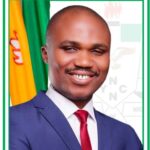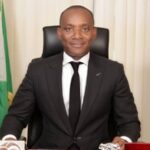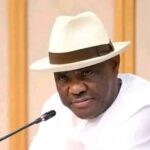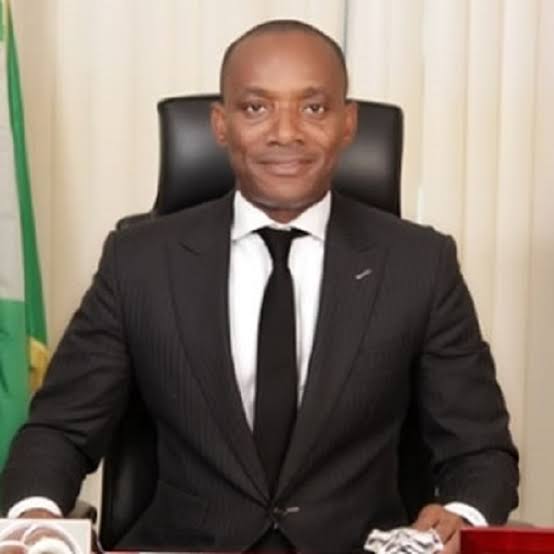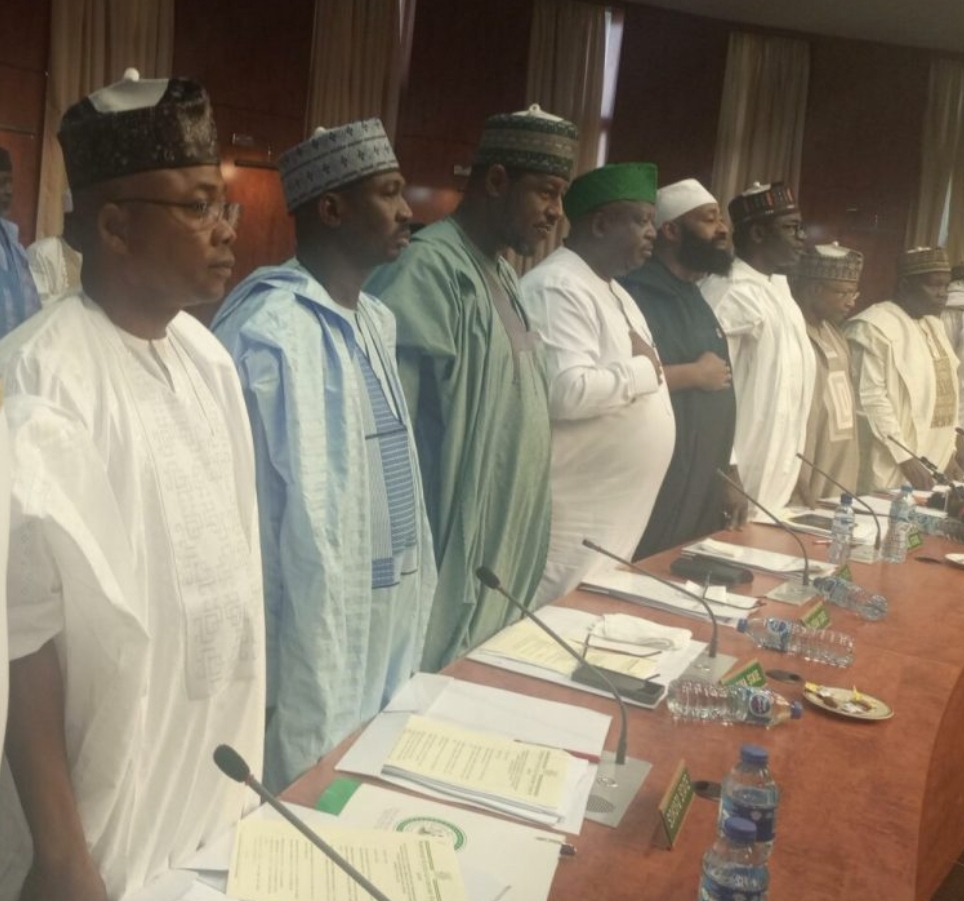Josh Ejeh
We simply cannot feign ignorance about the multi-faceted crises haunting Nigeria on all fronts. Nigeria is facing economic, development, security, hunger, political and technology crises presently with no probable end in sight. These results are accumulation of poor leadership and bad navigation of the country. Nigerians are dying of hunger brutality and the masses are the worst hit. The middle-class that could have served as a salvaging intervention and exchange point between what the Marxists referred to as bourgeois and proletariat, is almost annihilated from the country’s rung of economic equations.
Only a few hours ago, another disturbing headline hit the pages of the national dailies and social media. It is the inflation headline rate surging at a geometric progression, leaving a bleak trail of more people sinking deeper into the pit of poverty. According to the National Bureau of Statistics, headline inflation rate in January 2024 was 29.9%, and until hours ago, the February inflation rose contrastingly to 31.7%. Simply, inflation is an increase in the prices of goods and services over a period of time. There are variables responsible for this such as weak currency, increase in the price of raw materials, decline in productivity and over-reliance on import with little or no export.
Again, the low-income earners – usually called the masses, are at the receiving end of these hydra-headed challenges. Whether the type of inflation Nigeria is experiencing now is hyper-inflation or galloping inflation as the economists would tag it, one thing is definitely clear: the nation is unwell. There is hunger and poverty in the land. The curve is stretched such that the elasticity of what the people could contain before reacting is already exceeded. For example, Nairametrics indicated that food inflation – common to the human survival regardless of class – is at 37.92% in February. Yet things are rising astronomically.
Notwithstanding the above dark threshold, for the political economist, there is always a link between government’s decisions and the state of the economy, whether in a capitalist, socialist or mixed economic system. This is where policies are driven by decision-makers in government to define the curve of the economy. External factors, such as regulations, intervention, etc, are deliberately crafted for the wellbeing of the people.
During the 2023 campaigns, Dr. Peter Mbah, currently governor of Enugu State, forewarned of the impending economic crisis if no urgent intervention in the likeness of state of emergency was declared on the economy. He spoke about a shift from the incremental governance and fiscal management that had seen the country – federal and state governments – increasing marginally in growth and development through dependency on mono-cultured economy where oil revenue accounts for over 95% of government revenue, 95% of export revenue and 95% of foreign earnings. It is impertinent to underscore the genesis of this trouble. The late author, Chinua Achebe, puts it in his 1983 book, “The Trouble with Nigeria”, is the problem of leadership. Nigeria missed the track of greatness when it abandoned those sectors that once created wealth and defined its then vibrant and robust economy for oil as its mainstay.
Dr. Mbah believes it is only a paradigm shift and radical departure that could salvage the nation and put it back on track. He summarized his governance philosophy in a rather unusual and uncanny mantra of “disruptive innovation”. According to him, things must be done differently to leapfrog development. I have listened to him speak about his mission and vision a couple of times. I have felt the passion exuded by him to eradicate poverty, tackle the challenges of perennial water scarcity, consign underdevelopment to history, train and empower youths, women and the vulnerable, move the state gross domestic product from the $4.4 billion the administration met it to $30 billion through private-sector driven investment enabled by the government in terms of derisking investment flows, automating the public service system for efficiency, assuring a guaranteed security architecture through institutional building and the right environment.
While it was true that while others were still lamenting on the dwindling oil revenues from the centre due to what former Deputy President of the Senate, Prof. Ike Ekweremadu, described as feeding bottle federalism, Dr. Mbah looked inwards, baring his disruptive styles of leadership. In order to ameliorate the economic crunches, he gave priority to the public servants who are basically made up of civil servants from different ministries, agencies and departments. In addition to paying regular salaries, the governor announced the implementation of wage awards, almost the first in the country at the time. This cut across both the state and the local government system. It was a huge relief for the people of the state. It was a form of insulation from the biting inflation and cost of living.
Not done, Mbah vowed never to let the people down at a time he was most needed. He ordered that the pension’s backlogs his administration inherited be cleared. Effect was given to it. This is a form of recapitalization of the economy through increase purchasing power of the people. This was followed by a sequence of heartwarming events hours ago. Jubilation is coming from the camp of primary school teachers, a critical sector which, sadly, had been forgotten for long, as they received their minimum wage for the first time after many years of waiting. This is in addition to their wage award, which the state had been consistent with since last year, 2023.
In video clips circulated by the teachers from different schools, one could see the organic joy increasingly building, daily, from all these abandoned quarters that governor Mbah has courted with his magnanimity. The questions on the lips of these teachers, as they displayed their “intricate pattern” dance steps like the J.P Clark’s “Agbo Dancer”, is “Who else could have done it in this time of hardship?” But Mbah did it with the hope of doing more. Local government pensioners are also captured in that high hopes with their verification.
In a Nigeria of our time where gloom appears to be the rhetoric, Mbah is displaying the traits of a leader who leads other leaders to a new destination where they ought to be. As water was made available within the timeline given, multiple roads construction getting completed, smart schools of global standards springing up, healthcare sector receiving impactful attention, with Enugu adjudged the most peaceful, secured and safest state in Nigeria; what else, like the primary school teachers, are we to demand? All we can set forth to do now is to celebrate the leader, who has shown unusualness in leadership, restraint and moderation in governance, fiscal discipline in revenue generation and respect for the rule of law. Your Excellency, it is with this that I am wishing you a happy birthday and many happy returns. Congratulations.
Joshua Ejeh, a legal practitioner, writes from Enugu.


